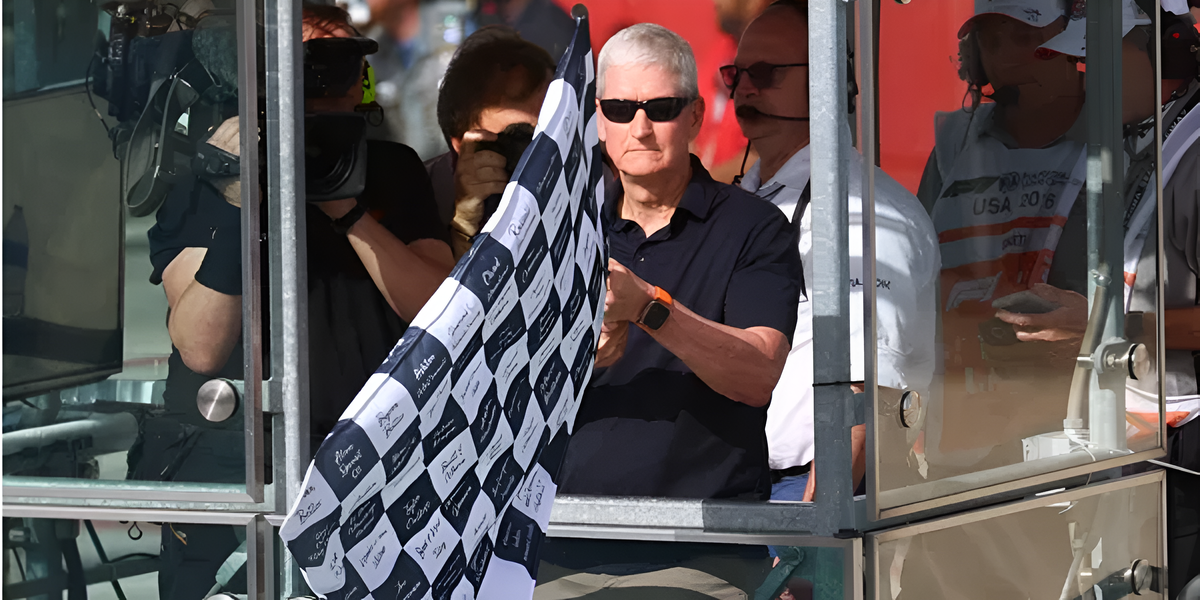Roscosmos explained the technical nuances of the error that caused the accident of the Luna-25 mission. The most likely reason, according to the state corporation, was the abnormal operation of the on-board control complex, caused by the impossibility of turning off the accelerometer unit due to the possible inclusion of commands with different execution priorities in one of the sets of data.
On August 11, Russia launched a mission to the Moon for the first time in 47 years: the Soyuz-2.1b rocket, which was supposed to carry an automatic station, was successfully launched from the Vostochny cosmodrome.
However, on August 19, because the engine did not shut down in time and ran for 127 seconds instead of the specified 84, the Russian spacecraft collided with the Moon and crashed.
Roscosmos later stated that there was no need to “turn the incident into a tragedy” and announced its intention to continue the mission.
After carrying out work to identify the causes of the accident, Roscosmos discovered that due to an error in the operation of the onboard complex, it did not receive “zero signals from the accelerometers of the BIUS-L device.”
This aspect prevented “the moment of reaching the required speed from being recorded and the engines from being turned off at the appropriate time.”
Based on the errors identified, the state corporation made recommendations for the next lunar missions. Previously, Roscosmos allowed a second flight in 2025-2026.
After the incident with the Russian Luna 25, NASA sent teams to the LRO team to obtain images of the crash site. At the site of the supposed landing of the automatic station, a crater with a diameter of about 10 meters was discovered.
Author:
Natalia Gormaleva
Source: RB
I am a professional journalist and content creator with extensive experience writing for news websites. I currently work as an author at Gadget Onus, where I specialize in covering hot news topics. My written pieces have been published on some of the biggest media outlets around the world, including The Guardian and BBC News.










